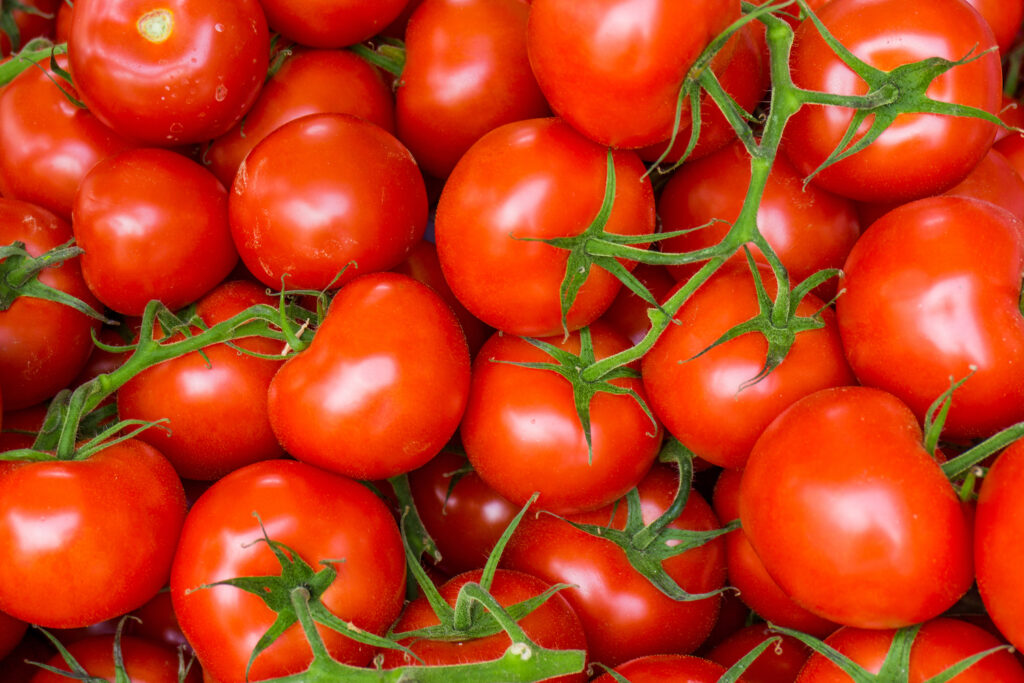Suffolk’s largest tomato producer ceases production due to energy costs
9th March 2022
As soaring costs hit farms across the UK, tomato producer Sterling Suffolk has ceased production three years after its first fruit went on sale commercially.

Stock photo.
Sterling Suffolk operated a vast greenhouse stretching between the Suffolk villages of Bramford and Blakenham. The initial £10 million site covered 5.4ha and work on a £6m 2.7ha expansion began last summer.
The expansion was due to be finalised for this year’s crop, but no plants have arrived and the company is not doing its usual recruitment for seasonal workers this month, as it has been forced to cease production, the East Anglian Daily Times reported.
Sterling Suffolk had plans to increase its size by 50% and boost the workforce from 70 to 100 – one day building more than 17ha of greenhouses.
Managing director Richard Lewis told EADT he could not comment on the future of the company.
Wholesale gas prices more than quadrupled last year and various factors have increased demand and reduced supply, leading to higher global prices. A long, cold winter last year meant countries in Europe and Asia depleted a lot of their gas reserves and demand was higher than usual as the world came out of a series of lockdowns.
Ofgem has announced that the energy price cap will rise by 54% in April.
This situation has been exacerbated by the Russian invasion of Ukraine, and sanctions subsequently imposed on the country. While the UK gets less than 5% of its gas from Russia, gas prices will be affected by fluctuations in the global markets.
“Unprecedented” situation
Chairman of the British Growers Association, Jason Burgess, noted that the situation is “clearly unprecedented” and he has heard many reports of growers reducing their acreages.
“A lot of people are cutting back and tightening up to try to avoid waste and be as efficient and economical as they can be – but overall, I think that this could have severe implications.
“People are very concerned about the economics of what they’re doing – it’s a challenging time. In the last three years we’ve had Brexit and the impact on labour and import/export tariffs. Covid and Brexit have had lasting implications in terms of labour and on-farm costs. Now we’re being hit with increasing prices affecting all inputs massively – including diesel, fertiliser, labour, fuel, packaging and distribution.
“Clearly those costs will need to be recovered.”
While farmers are already working to make processes as efficient as possible, Mr Burgess said it’s important to ensure good communication and raise any implications affecting your individual farming business with processors, so this can ultimately be fed back to retail customers.
One thing is certain, Mr Burgess added – food security is “going in the wrong direction”.
He concluded: “We should be promoting British farming and paying a fair price for it – this has multiple implications for the country, including employment. We produce healthy products with high animal welfare and eating British produce also reduces imports and therefore protects the environment.
“We should be trying to increase food security through consumer behaviour and government policy and support.”
Are you worried about price increases? Get in touch with us to let us know how this is affecting you and your farm: views@farmersguide.co.uk
